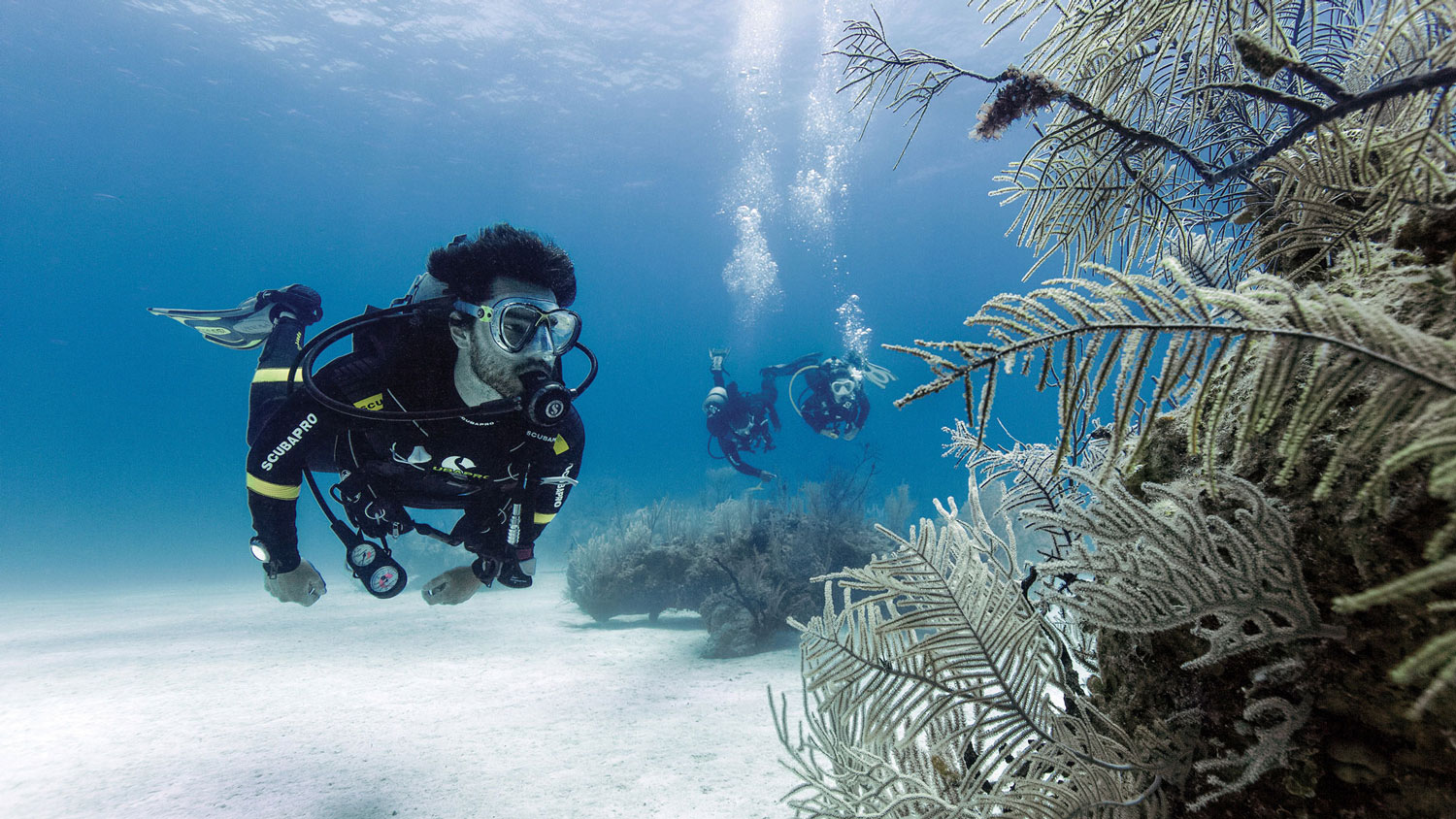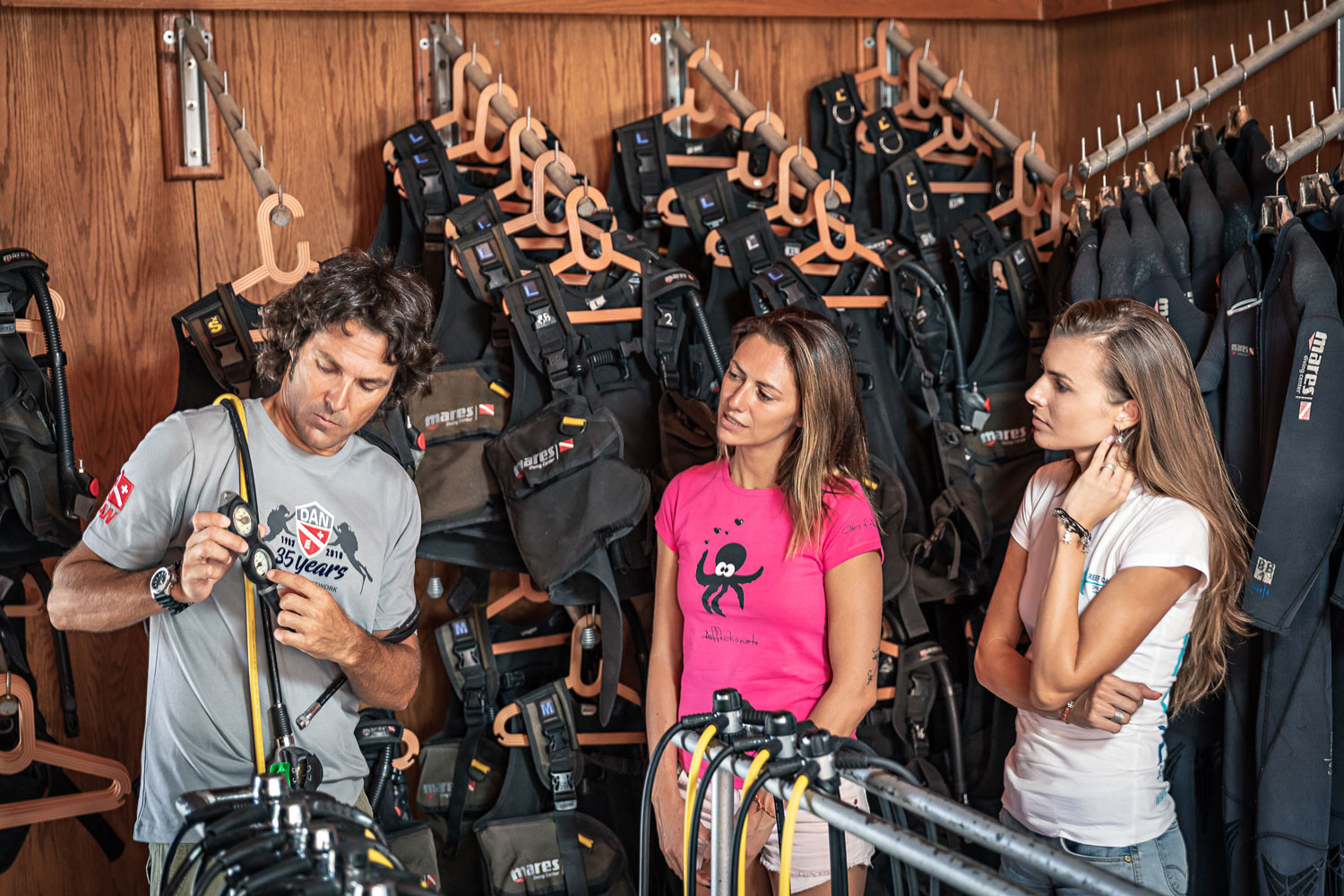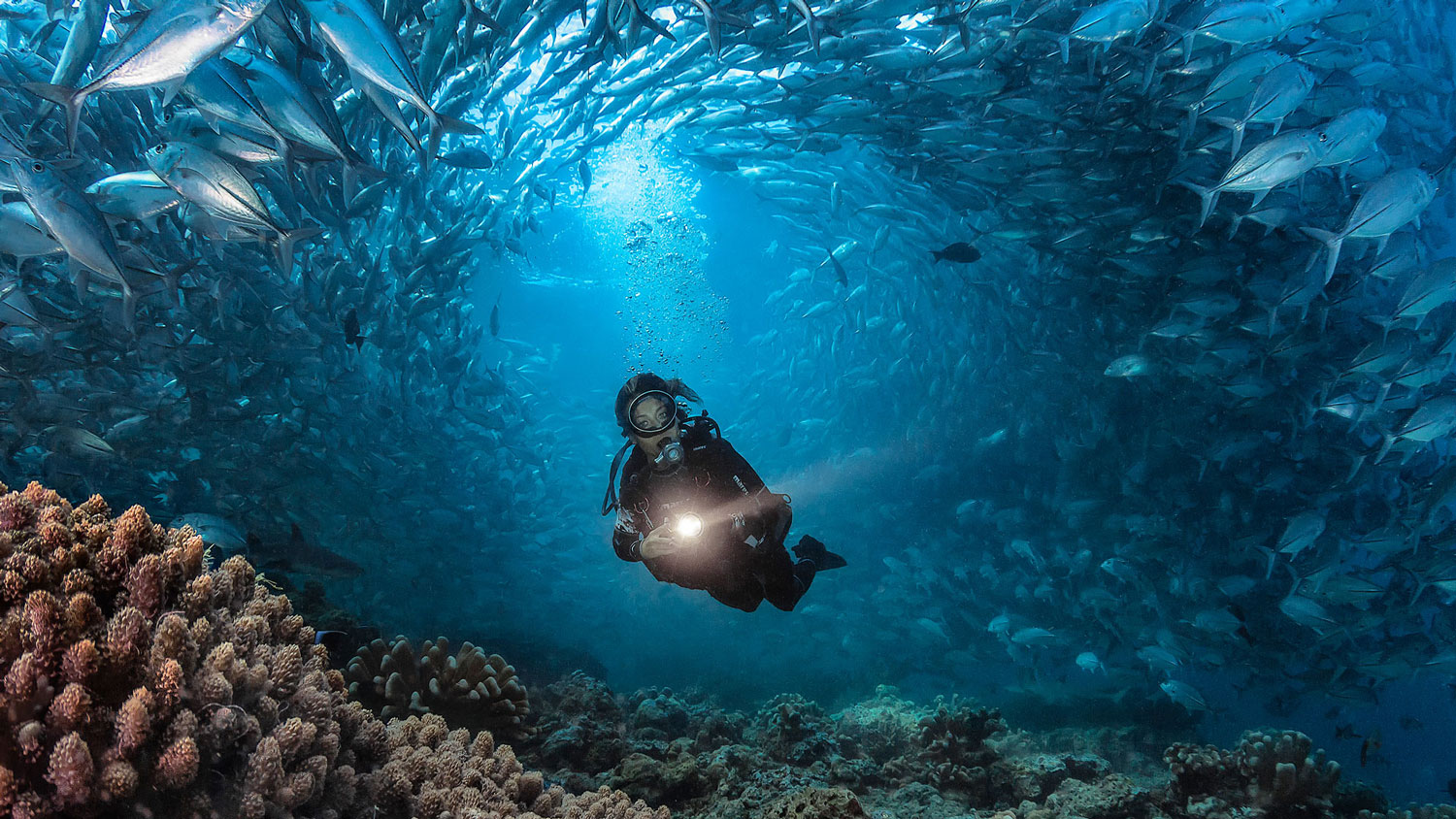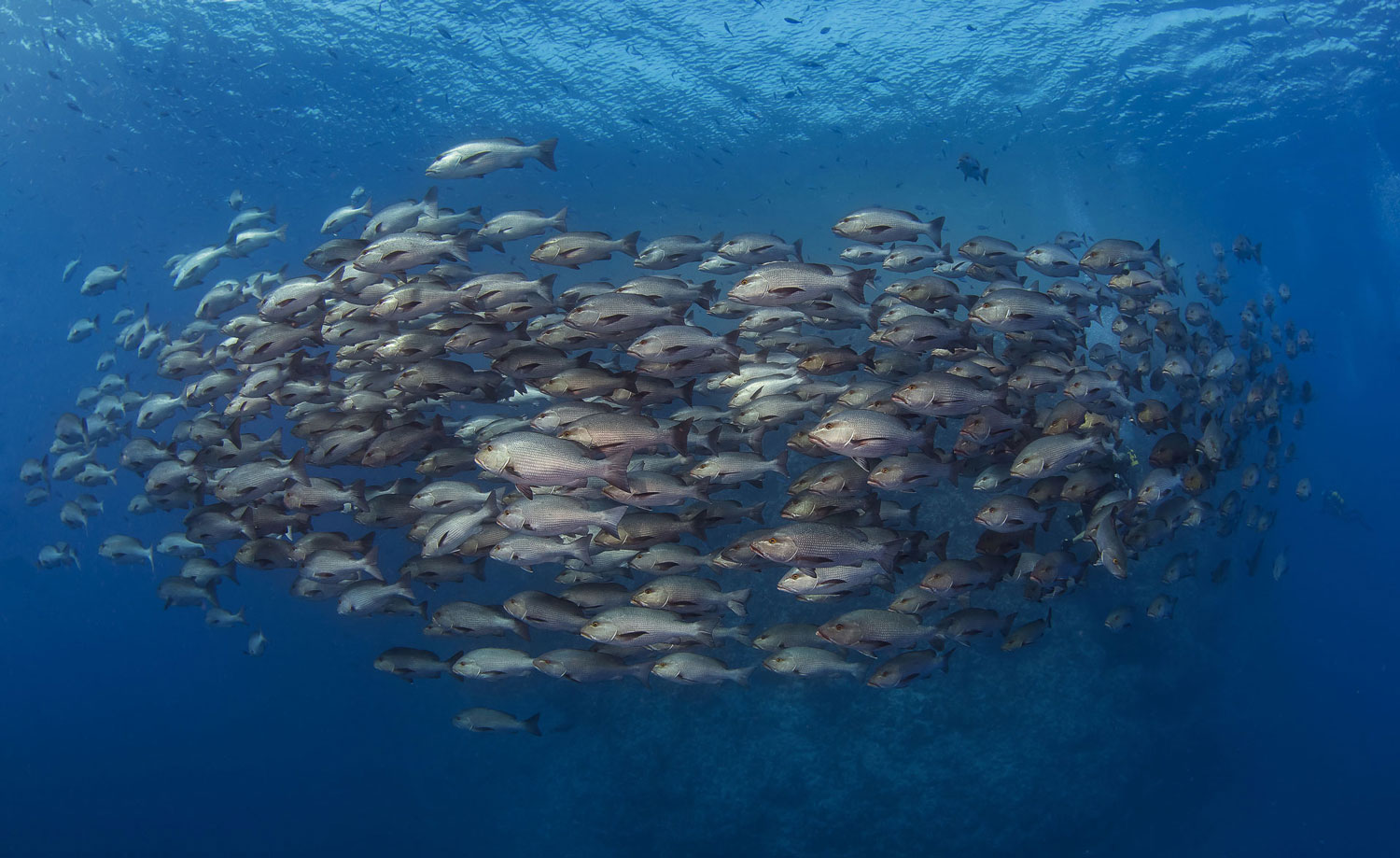Insurance matters
Are You Covered? Considerations on Diving Insurance
Are you covered financially if you are injured on a dive trip?
We all know and expect that if you get bent, your DAN Europe insurance will pay for your treatment. Right? But what about if you had to spend an extra five days at a hotel and book new flights home as a result of the treatment. Would those be covered too? How about if post-treatment rehabilitation were required?
What if the dive was a technical dive? Or a freedive? Are you covered for those? Instead, what if you and a friend decided to test your machismo aquatic and you made a deep air dive to 70 meters (m) and got decompression illness (DCI)? How would your coverage fare?

This assumes of course that you have diving insurance. If you don’t, you are subject to the largesse, and of course the restrictions, of your national or private health insurance, if they cover diving at all, which is why DAN Europe invented diving insurance in the first place.
Now suppose that you slipped on the stairs on a diving liveaboard while headed to the dive deck and broke your leg. Is that considered a diving emergency? Are you sure? How about if you slipped and were injured after you had geared up?
What if that liveaboard was in Papua New Guinea, and you contracted Dengue Fever, or got in a motorbike accident on the way back to the boat, and had to be hospitalized. Would your DAN Europe insurance cover that, and if so, would the coverage be sufficient? How about if you were hospitalized in Mexico or in Egypt? Does it make a difference from a coverage perspective where you were injured and received treatment?

The point is that there are many considerations, and a number of options with DAN Europe insurance depending upon the kind of diving you do, and where you do it. One size does NOT fit all!
Unfortunately, if you are like me before I began working on this story, you may not be aware of exactly what you are covered for, what you are not, and the extent of your coverage. Given the potentially high cost of medical care however, it is arguably in your financial interest to understand exactly what your options are. That way there won’t be any surprises.
Perhaps the best place to start is to examine the origins of DAN Europe’s diving insurance and the various options that are available under its programs. Note that this article focuses exclusively on DAN Europe’s Sport insurance. We will address DAN Europe’s Pro insurance for diving professionals, which includes liability, and Dive Centre and Club insurance in separate articles.
Inventing Diving Accident Insurance
Originally called International Diving Assistance (IDA), DAN Europe established the first worldwide diving accident insurance with a third-party provider in 1982, to supplement IDA’s 24/7 hotline which provided medical assistance to traveling divers in need. Founder and president Dr. Alessandro Marroni, realized that in addition to medical advice, divers needed assistance covering the costs of expensive hyperbaric treatment.
In 2007, DAN Europe established its own insurance subsidiaries, based in Malta. That way the organization could be free to cover what it chose and be autonomous in its decision-making regarding claims. “We knew the field so well that we could be profitable and still pay claims,” explained DAN Europe’s senior vice president Laura Marroni. Not all DAN organizations have inhouse insurance.

For a brief history of the development of DAN Europe’s diving insurance see, “Necessity, The Mother Of Invention: The Story Behind DAN’s Diving Insurance.”
DAN Europe also added its own supplemental “non-diving emergency” travel insurance to its program, so that members were covered while traveling no matter what the emergency. Note that from 2016-2018, 57% of members’ accidents were diving related, while 43% were non-diving related.
Finally, DAN Europe established recommendations for extended range and technical diving, limiting the partial pressure of oxygen (PO2) at a maximum of 1.6 ATA and nitrogen pressures to a maximum PN2 of 5.6 ATA for air dives, the equivalent of an “air dive” to 60-66 m. It recommends divers maintain a PN2 of 3.95 ATA or less for mixed gas dives (the air equivalent of 40 m). Note that 1.6 ATA is regarded as the maximum level for oxygen during a dive, and is reserved for shallow water decompression.[1] Divers who knowingly exceed these recommended limits could risk their coverage.
Back to Basics
Finding the appropriate diving insurance to protect yourself financially in case of emergency not only depends on the kind of diving that you are doing, but where you are planning to do it.
Priced at €60 per year, DAN Europe’s Sport Bronze insurance is the most basic package that covers the initial acute phase of a recreational diving injury up to €50,000. For example, it would pay for the initial treatment for an ear barotrauma on an Egypt dive vacation, but would not cover subsequent doctor visits with a specialist back at home. It does not cover travel disruption as a result of the emergency.

Bronze was designed for recreational diving, i.e. diving with air and nitrox mixtures, whether open circuit, a recreational rebreather, or breath-hold diving to depths of 40 m. It also includes the use of normoxic trimix (an oxygen, helium, nitrogen mix) to minimize the effects of nitrogen narcosis.It does not cover technical diving.
In terms of non-diving medical emergencies, Bronze does not pay for treatment. It is limited to covering the cost of medical evacuation in the case of life or limb-threatening situations, and up to €50,000 for medical repatriation, for no more than 60 traveling days per trip per year. You would not be covered for example were hospitalized for Dengue fever or had another non-diving accident under the Bronze package.

There’s a Silver Lining
Priced at €87 per year—the cost of Sport Bronze plus a couple of nitrox fills—Sport Silver is a very complete insurance package which covers acute and follow-up care for both recreational and technical diving injuries for up to 30 days post incident, along with any associated travel disruption. Coverage extends to a maximum of 90 days per year. This includes freediving injuries and injuries resulting from recognized freediving competitions.
There are no depths limits, although for any dive exceeding 130 metres (arguably a big dive) a dive plan, including safety and support measures will need to be submitted to and approved by DAN Europe.

What happens if you are injured while purposely diving beyond recommended limits, for example, making that 70 m air dive on scuba? Though it’s tricky to give straight answers to hypothetical questions like this, simply put, you could likely jeopardize your coverage. After all, the insurance conditions require that members should take all measures possible to prevent an accident.
Unlike Bronze, which only covers limited medical evacuation and repatriation Silver covers treatment for non-diving emergencies such as Dengue fever or breaking your leg on the liveaboard stairs on the way to dinner, which would be considered a non-diving accident. Note that motorbike or quad bike accidents are excluded from coverage under DAN Europe’s insurance.
Go For the Gold?
DAN Europe’s Sport Gold, which is priced at €200, is nearly identical to Sport Silver, however it offers much more generous limits for both diving and non-diving emergencies such as twice the daily allowance for a hospital stay during therapy. For example, GOLD will pay up to €10,000 for the extra hotel and travel costs following an incident for both the injured member and travel companion. This compares to €5,000 for Silver for the injured diver only. Gold pays out €100,000 for permanent disability versus €50,000 with Silver.
Limits for liability and legal expenses associated with a diving accident are also double or more with Gold. It also offers greater limits for non-diving emergency inpatient and outpatient care, along with much more generous travel assistance for the injured member’s travel companion. Sport Gold will cover the total cost versus a limit of €2500 for Silver. Ever price out a last-minute round-trip cost from Europe to Fiji? See the “Sport Insurance Comparison Table” for more details.

In addition, Sport Gold extends coverage to 120 traveling days per year, compared to 90 for Silver. If you’re traveling for more than 90-120 days or living abroad, you might want to consider purchasing the optional “Travel No-Limits” benefit for €300, which covers non-diving emergencies for the entire year, for Silver and Gold insurance holders.
Additional options include a Death Extension which extends the normal €6,000-12,000 by €25,000 or €50,000 in case of death due to a diving accident. There is also an additional Family Benefits option, which extends coverage for non-diving emergencies abroad to family members. The point of insurance after all is to protect yourself and your loved ones.
Uniquely DAN
Though the DAN organizations are the largest providers of diving insurance with an international network of 180 + diving doctors assisting over 400,000 members worldwide, they are not the only ones. However, they do offer some unique benefits.
First of all, DAN Europe is the only organization that offers divers a 24/7 medical hotline that will connect you to diving medical officers who speak your own language.[2] And because it provides insurance through its own insurance subsidiaries, it is able to authorize the best care from a medical perspective while managing claims efficiently and according to industry laws and regulations.

In addition, a portion of the monies that DAN Europe collects for insurance goes to fund advancements in diving medical research, which serve as an important benchmark for the global scientific and diving communities. What’s more members have the opportunity to contribute their diving data to help improve our collective knowledge. DAN Europe also develops and promotes safety campaigns which focus on increasing diving safety. These aspects are not true of other insurers.
Hopefully, you now have a better understanding of your DAN Europe insurance options, which should help you in selecting the type of coverage best suited for your needs. Watch this space for further articles about DAN Europe’s PRO and Dive Centre insurance. Safe diving!
Note on Diving Insurance: DAN Europe’s insurance packages were designed to address unexpected and acute emergencies, they are considered secondary insurance and are not meant to replace your primary health insurance, such as National Health Service insurance. In addition, they do not cover pre-existing conditions or injuries resulting from pre-existing conditions. The policies also exclude motorbike or quad bike accidents, along with mental illness, cancer and HIV. If you already have DAN Europe insurance, you can find out about the details of your coverage by logging into “My DAN” at https://daneurope.org
[1] Operational limits during the ‘working’ portion of the dive are generally set at PO2 of 1.4 ATA or below, while Global Underwater Explorers (GUE) have standardized at 1.2 ATA or below. Similarly, most training agencies limit nitrogen to an “air equivalence” of 50 m (PN2=4.74), while GUE limits nitrogen to the equivalent of 30 m on air.
[2] Note that currently, DAN is not able to accept Skype or What’s App calls, however if you email them (24/7) at [email protected] with a number to reach you, a doctor will call you back immediately.
About the author
AlertDiver.eu contributing editor Michael Menduno is an award-winning journalist & technologist who has written about diving and diving technology for decades. He coined the term “technical diving.” His work has appeared in magazines such as Alert Diver, DeeperBlue.com, DIVER, Quest, Scientific American, Sports Diver, Undercurrent, Undersea Journal, WIRED and X-Ray. He founded and served as editor-in-chief for aquaCORPS Journal (1990-1996), which helped usher tech diving into the mainstream of sports diving. He also produced the first Tek, EuroTek and AsiaTek conferences. In addition, Michael serves as the editor-in-chief of InDepth, Global Underwater Explorers (GUE) online magazine.

